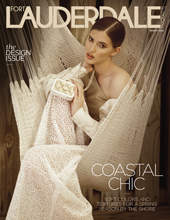There’s a row of microphones and a table full of clutter.
The table can have just about anything on it. There might be an old-fashioned hand-held loudspeaker. Maybe a raffle drum – something that can make rattling, rumbling noises. You’ll also need a collection of shoes and a door or two – maybe one front door, one car door. A saw might come in handy, as might cue cards for the audience.
Welcome to the world of radio theater, where actors don’t need to memorize their lines but the sound guy is going to work up a sweat. It’s an art form most people associate with its heyday just before the ubiquity of television. But it lives on in places – places such as South Florida’s Arts Radio Network Theater Project.
“It’s disappeared from some airways,” says Caroline Breder-Watts, who founded the company with her husband, John Watts. “It’s a very American art form, I think. You say ‘radio plays,’ and people are intrigued by it.”

The shows are staged in Broward, Palm Beach, Miami-Dade and Monroe counties; the company’s Broward home is the Broward Center’s Abdo New River Room. At the end of the month, just in time for Halloween, the company brings Dracula to the Broward Center.
South Florida has a deep pool of talented actors, and some of the radio company’s actors will be familiar to local theatergoers. For example, Breder-Watts says, many also perform with Slow Burn, the local professional company that this year returns to the Broward Center for its second year of residency.
For the actors, radio drama’s a unique and fun way to work. “The actors really love it,” Breder-Watts says. “It’s a really quick process – we really only rehearse three nights prior to the performance.”
A great deal of time is saved because actors don’t need to memorize their lines – they read from scripts. Over the years they’ve added a few things for the live audience – some props, a few costume changes – but it’s minimal.
“What makes a radio play a radio play is that rather than having all the blocking and things you have on a regular production, you have a row of microphones and you walk up to the microphones when it’s time to read your lines,” Breder-Watts says.
In the middle of all that is the sound effects artist. In a radio production, the person making the noises can quickly become the star.

Occasionally, such as when the script calls for a booming explosion, they’ve had to use something prerecorded.
“Other than that if you hear feet marching, if you hear sirens, if you hear spaceships, it’s coming from the devices we’ve created or it’s coming from the sound engineer’s mouth.
“It’s fascinating watching him do it. Often times, all these sound effects are happening all at once. Just to watch him manipulating all this crazy stuff is something.”
The authenticity extends to the scripts, which are from the Lux Radio Theatre, a popular program during radio drama’s heyday that specialized in turning popular films into hour-long – or shorter – radio plays.
“Believe it or not, some of these were done as half hour adaptations,” Breder-Watts says. “They were constantly cranking these things out.” (The company uses hour-long scripts.)
They want to make the experience of seeing a live show fun for the audience, but it’s important to remember what each show is setting out to do.
“We have to serve two audiences,” Breder-Watts says. Yes, they’ve added some costumes and props for the benefit of the live audience. But this remains a performance that must be fully realized for people who are seeing none of it.
“Nothing we do onstage can be so visually important that it would be lost on the radio. We can’t wink at the audience and say ‘oh, you’re in on the joke’ because the radio audience would never get that.”
The Details
Dracula is performed at the Broward Center’s Abdo New River Room on Friday, October 28 and Saturday, October 29. Both shows are at 7:30 p.m. Tickets are $25 and can be purchased at the Broward Center box office or at browardcenter.org. WLRN will air the program on Nov. 13.






